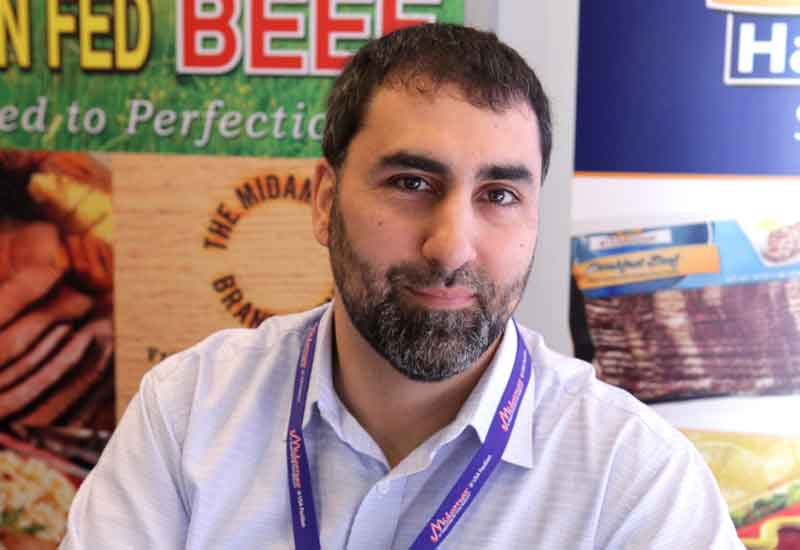The message was the same across the board from exhibitors at SIAL food exhibition, which took place this week in Abu Dhabi: dramatically rising food costs are putting a strain on production and distribution companies involved in the Middle East export market.
However, despite having to absorb most of the cost themselves for fear of a consumer backlash, organic producers say they will not switch to using non-organic ingredients to save money.
Jalel Aossey, director of Midamar, a USA halal supplier who is feeling the market for organic halal demand, said: “The effect of rising food costs has had a dramatic effect on our business. We’re based in the Mid-West [of the US], which is an area where a lot of the problem stems from.

| Advertisement |
“Iowa is a major producer of corn and unfortunately it’s been hijacked by the ethanol industry. It’s used as an alternative energy and so instead of the corn being grown for food, it’s going to have the ethanol extracted from it to make gasoline.
“The Mid-West only has one growing season a year and a lot of the available land is being used for ethanol. However, it’s unsustainable because the whole process costs more than it makes. It’s being subsidised by the government however, and so farmers are choosing to change what they grow their crops for.
“Feed costs for our cattle have gone up at least two-fold in the last year. It used to cost US $3 a bushel, and now it’s US $7-8.
“However, I have a wife and three children and I only want to feed people what I would feed them. We’ve bought our own flocks of birds and have raised them organically as there’s a disconnect between farming and the market. I think slowly there will be more interest in the UAE for organic food, and [exporting it to the UAE] is something we are looking into.
Marion Guillot from French organic chocolate company Les Chocolats de Pauline has also noticed the impact: “The price of organic coconuts [that we use for our white coconut chocolate] has gone up 200% in one year. And we’ve seen a 20% increase in organic cocoa beans and butter.
“It could be down to natural disasters, or bad harvests, I don’t know, but we now have to be very careful when we buy ingredients.
“We have tried not to pass on our costs to our clients and have absorbed most of them ourselves – we’re just trying to sell more! But we have had to put up some prices on our Christmas chocolate figures.
Despite the cost increase, Marion says the owner of the company, would never switch to non-organic production.
“We are a 100% organic company – all our ingredients are certified organic. We would never change that. The owner would rather stop production.”









 Search our database of more than 2,700 industry companies
Search our database of more than 2,700 industry companies









